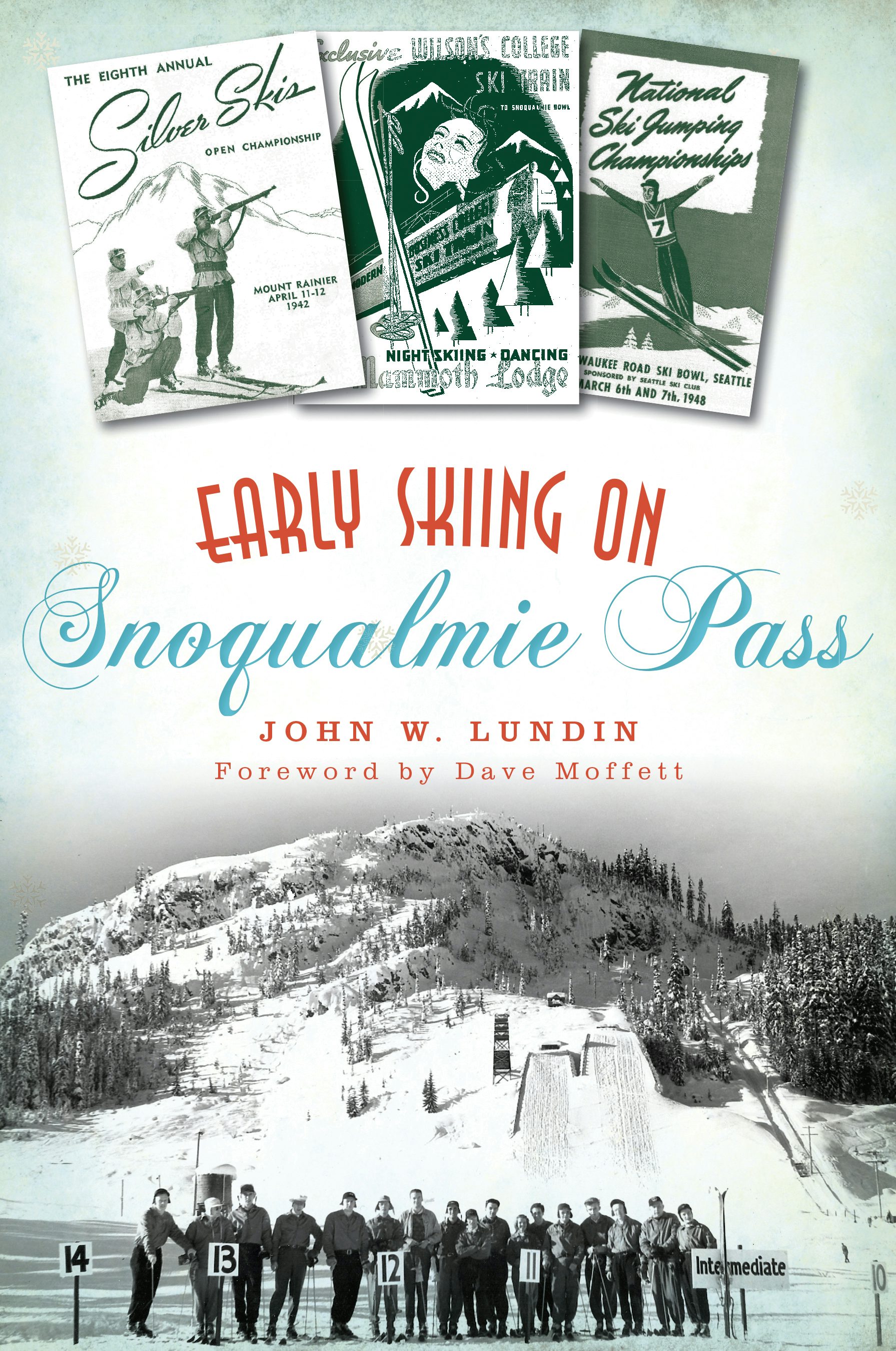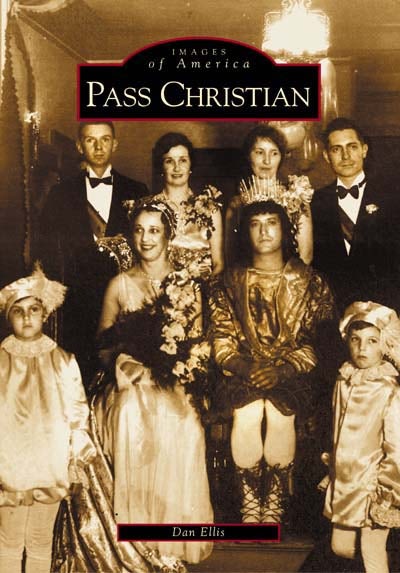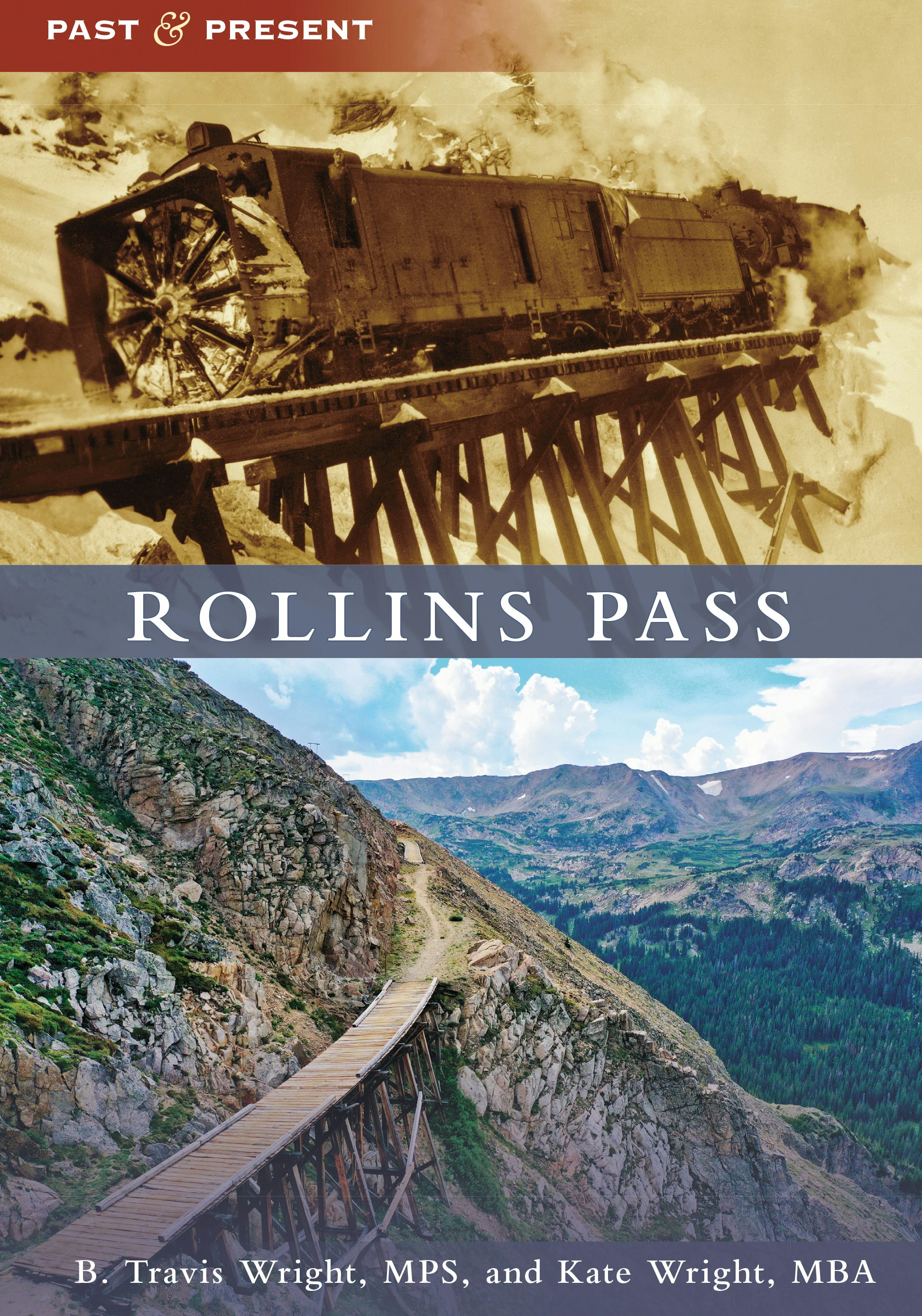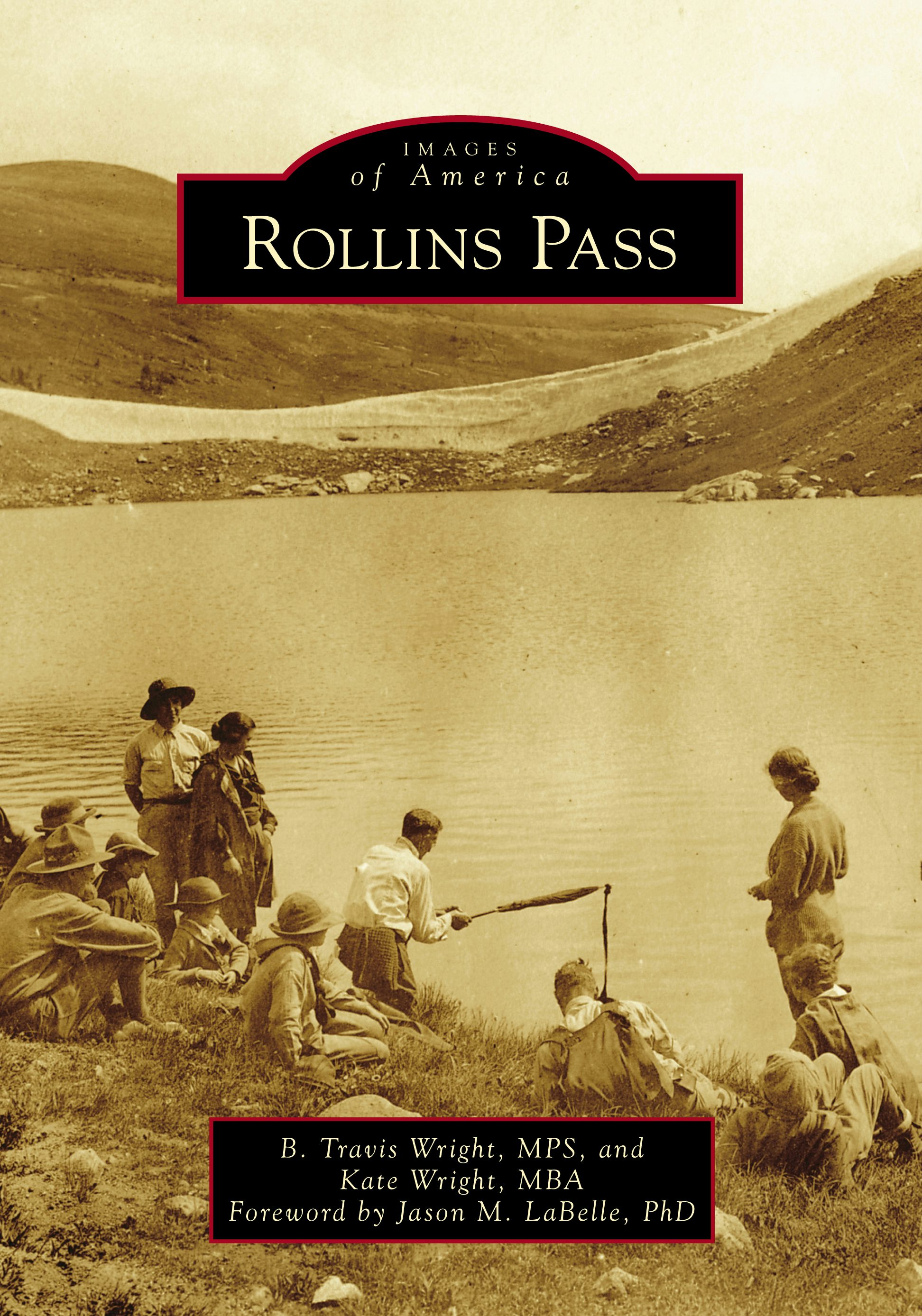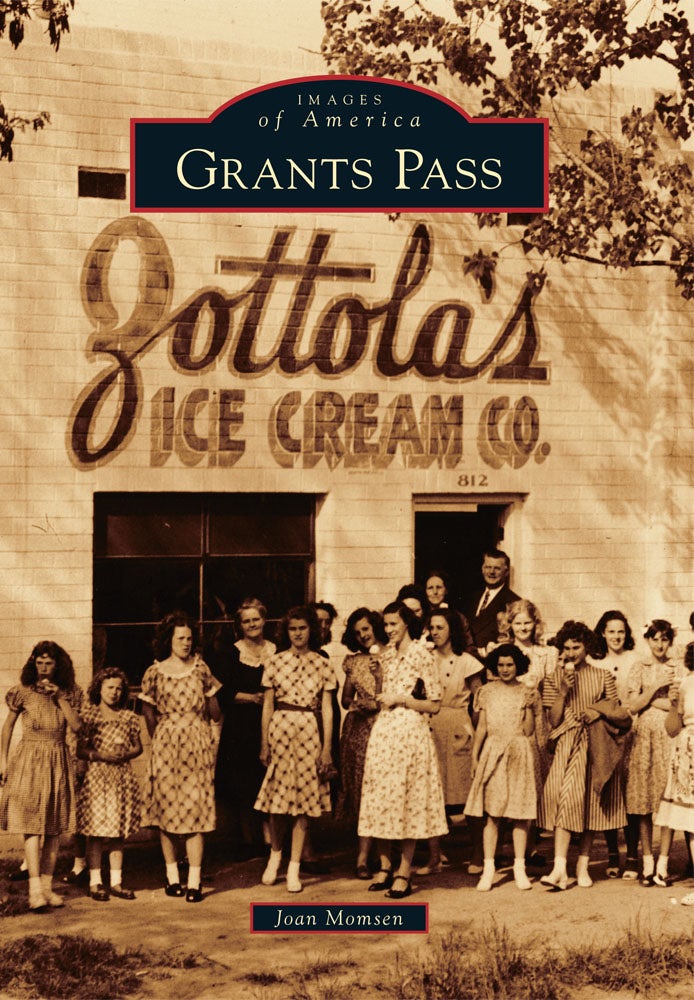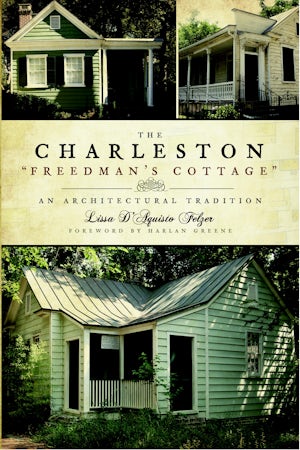
Charleston's "freedman's cottages" are some of the most understudied and undervalued vernacular buildings in the city, found as far south as Council Street and as far north as North Charleston. Though these cottages have long been associated
with African American history and culture, they in fact extend much further into the history and development of Charleston and deserve to be studied and understood. The predominant theory is that these tiny houses, often no larger than five hundred square feet, were constructed by and for freed slaves
after the Civil War, due to a rising need for i... Read More
with African American history and culture, they in fact extend much further into the history and development of Charleston and deserve to be studied and understood. The predominant theory is that these tiny houses, often no larger than five hundred square feet, were constructed by and for freed slaves
after the Civil War, due to a rising need for i... Read More
Format: Paperback
with African American history and culture, they in fact extend much further into the history and development of Charleston and deserve to be studied and understood. The predominant theory is that these tiny houses, often no larger than five hundred square feet, were constructed by and for freed slaves
after the Civil War, due to a rising need for i... Read More


